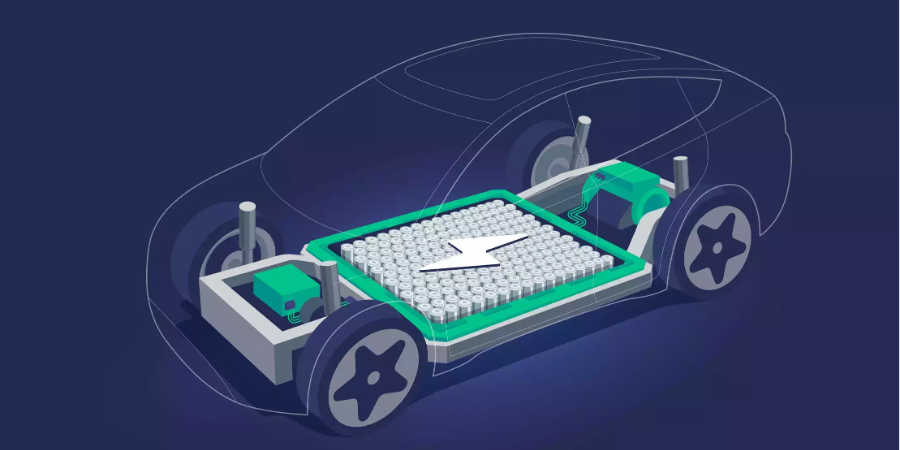India–US Trade Tensions Rise Over Steel and Auto Tariffs NMDC Limited reports a 38% drop in Q4 FY24 consolidated net profit RINL to Raise $23 Million Through Land Sales Amid Crisis

The India Energy Storage Alliance (IESA), an industry body representing the energy storage and electric mobility sectors, has urged the government to formulate comprehensive safety guidelines and standards for lithium-ion batteries used in electric vehicles. This comes in the wake of recent incidents of EV fires and battery explosions raising safety concerns.
In a white paper titled 'Batteries for EVs: Scaling up safely', IESA has recommended strict compliance to battery safety standards, ensuring traceability of individual cells and battery packs, and thorough testing and certification protocols. It advocates a 'quality first' approach in the EV battery supply chain.
IESA notes that India's transition to EVs and renewable energy will lead to exponential growth in the deployment of lithium-ion batteries. Hence a robust safety framework encompassing R&D, manufacturing, use phase, and recycling is crucial. Lithium battery fires can release toxic fumes, damage nearby property, and cause injuries.
The paper calls for developing test facilities as per global standards to evaluate battery safety performance. Regular audits of EV OEMs and battery manufacturers should be conducted for quality adherence. A Blockchain-enabled battery traceability system can track battery lifecycles ensuring accountability.
For battery swapping models gaining popularity in India, IESA suggests additional safety guidelines like minimum state of charge requirements during swapping. It advocates integrating safety mechanisms like current breakers, fusible links, pressure relief valves, and gas vents in battery pack designs.
The white paper has been shared with NITI Aayog and other ministries concerned. IESA states that the Bureau of Indian Standards has released necessary standards, but a compliance framework is still lacking. It has offered to partner with the government to develop safety protocols.
IESA's recommendations come at a time when India is targeting 30% EV sales penetration by 2030 under its net-zero commitments. With EVs still at a nascent stage, addressing potential safety issues proactively will build consumer confidence. The government is already planning battery waste management rules. India's ambitions to become an EV and battery manufacturing hub also require an enabling safety ecosystem. IESA's white paper will hopefully spur action on this critical aspect.
Also Read : SEFI seeks to integrate three companies with SAIL for synergy SAIL-Bhilai to build Chhattisgarh's first 15-MW floating solar project